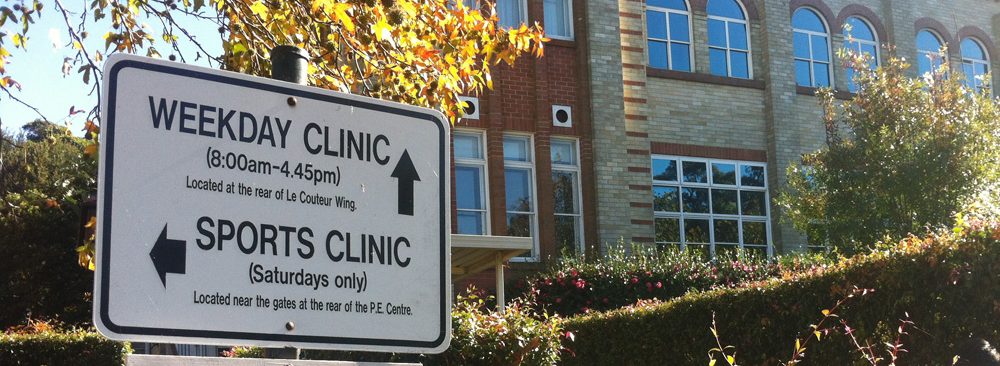How much do you know about Asthma?
Sadly, the recent death of an 8 year old boy at after school care has highlighted the seriousness of asthma. But it may surprise you to know that in 2011 there were 378 deaths from asthma in Australia.
Over 2.2 million people have asthma in Australia.
Asthma is a chronic inflammatory disease of the airways. Asthma causes the muscles in the airways to tighten making them narrower. The lining of the airways becomes swollen and inflamed causing it to produce sticky mucus. That is why sometimes you need a reliever such as Ventolin to open the airways and ease the bronchospasm, but you may also need an anti-inflammatory medication (preventer) such as Flixotide or a short course of oral steroids to treat the inflammation. Some medications are a combination of both of these.
Some Quick Facts
- There is at present no cure, but asthma can be managed.
- 1 in 9 or 10 children have asthma, boys more than girls under 14 years.
- In adults 1 in 10 people have asthma and now it is more common in women than men.
Symptoms
- Cough (especially early morning and at night)
- Wheeze
- Tight feeling in the chest
- Shortness of breath
Common triggers
Dust, pollen, smoke, respiratory infections, exercise, stress, emotional factors, changes in weather temperature and certain medicines such as aspirin. There is a strong link between asthma and allergy.
Diagnosis
Your doctor can diagnose asthma from the history, clinical examination and response to a reliever medication. It is based on a recurrent or persistent wheeze with no other obvious cause. Older children and adults will complete spirometry or lung function tests. If the child has eczema or a close relative has asthma, this helps to make the diagnosis one of asthma.
Medications
A blue reliever inhaler such as Ventolin or Asmol is prescribed and should be carried by the person at all times. These hold approximately 200 puffs of medication. Treatment with a preventer medication is recommended for patients who have asthma symptoms more than three times a week.
Don’t get used to poor asthma control. Regularly waking from asthma symptoms or using your reliever medication more than 2–3 times a week (except before exercise) should not be a ‘normal’ part of having asthma. When you feel wheezy or short of breath it is important to use a spacer with your inhaler so that most of the medication goes to your lungs and not to your mouth.
Asthma Action Plan
These written plans developed with your Doctor help you recognise if your asthma is getting worse and tell you what to do in response. They are also useful for schools/camps/excursions/tours and other carers. Click on the link below to see an action plan.
http://www.nationalasthma.org.au/uploads/handbook/319nac_asthma_action_plan_colour_a4.pdf
Asthma Buddy is free app and is a take-anywhere reminder of your day-to-day asthma medications. This easy to use app can help you recognise if your asthma is getting worse and tell you what to do in response.
http://itunes.apple.com/au/app/asthma-buddy/id549409802?mt=8
Click on this link to see what is the first aid response for asthma. Do you know what to do?
http://www.nationalasthma.org.au/uploads/content/22-First-Aid-Asthma-Chart.pdf
I encourage all students to carry their blue reliever puffer with them. There are asthma kits in the pool office, Saturday first aid room, Common Room, cafeteria and clinic. Please encourage your son to let staff know early or to ask another student to get help if they are feeling unwell. I can come to them as they may be a distance from the clinic.
Some asthmatics are sensitive to aerosols so please remind your son to use theirs in a well-ventilated area away from others. Staff cover asthma first aid in their first aid courses and are having formal group training again through the Asthma Foundation in December.
Please feel free to contact me if you have any questions. The Asthma Foundation has excellent fact sheets and videos if you would like more general information.
Sister Margaret Bates
College Nurse





